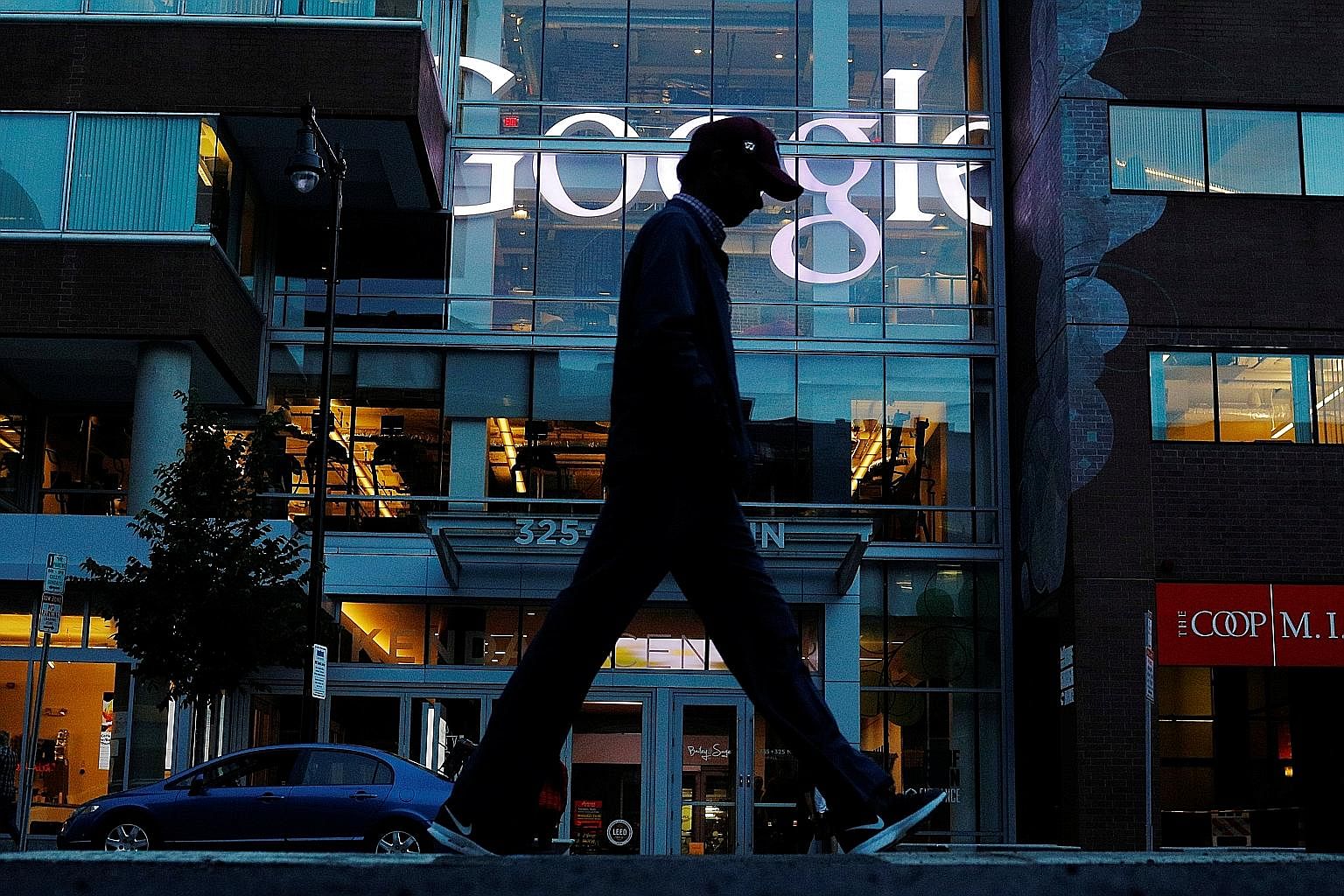In the early days of the commercial Internet, in the mid 1990s, one of the things that technology platform companies lobbied hard for was the notion that they were like the town square - passive conduits for the actions of others, facilitating various activities and thoughts, but not responsible for any of them. The idea was that the garage entrepreneurs starting message boards and chat rooms, or the nascent search engines, simply did not have the legal or economic bandwidth to monitor or be liable for users' actions, and that to make them do so would stymie the development of the Internet itself.
How times have changed. Not only can the largest Internet companies such as Facebook and Google monitor nearly everything we do, they are also policing the Net with increasing vigour. Witness the variety of actions taken by Facebook, Google, GoDaddy and PayPal, in the wake of racially charged violence in Charlottesville, to block or ban right-wing hate groups from their platforms.
You can argue that this is laudable, or not, depending on your relative concern about hate speech versus free speech. But there's a key business issue that has been missed in all the hoopla. It is one that was summarised well by Mr Matthew Prince, the chief executive of Cloudflare, a Web-infrastructure firm that dropped the right-wing Daily Stormer website as a client, under huge public pressure and against its own stated policies.
"I woke up in a bad mood and decided someone shouldn't be allowed on the Internet," said Mr Prince following the decision. "No one should have that power."
Powerful tech companies do. Yet they also continue to benefit, in the United States at least, from laws that treat them as "special" and let them get around all sorts of legal issues that firms in every other kind of business have to grapple with. This amounts to billions of dollars in corporate subsidies to the world's most powerful industry.
The golden goose is a little-known bit of Federal Trade Commission legislation. Section 230 of the Communications and Decency Act (CDA) was crafted in 1996 to allow tech firms exemption from liability for nearly all kinds of illegal content or actions perpetrated by their users (there are a few small carveouts for things like copyright violations and rare federal criminal prosecutions). In recent years, the tech industry has thrown a tremendous amount of money and effort into ensuring that it maintains section 230 as a "get out of jail free" card.
But this law is being challenged by powerful politicians. On Aug 1, a bipartisan group of senators, led by Democrat Claire McCaskill and Republican Rob Portman, introduced legislation that would create a carveout in section 230 for tech companies that knowingly facilitate sex trafficking. The impetus for this was the horror of backpage.com, a firm that actively created a platform for online sex trafficking for its own profit.

It is a piece of legislation that everyone, it seems, can get behind - except the largest tech companies and their industry lobbying groups . They are concerned that it would open a Pandora's box of legal issues for them. These groups had the rough copy of the Bill for months before its introduction, yet refused to offer edits during its crafting. Mr Keith Smith, a spokesman in Mr Portman's office, says: "We did our due diligence, met the tech community on a bipartisan basis for months and yet they offered no constructive feedback."
The firms say that is because any amendment to 230 is a no-go; they suggested alternatives like tougher criminal laws. Mr Noah Theran, a spokesman for the Internet Association, a trade group that represents companies such as Google and Facebook, says: "The entire Internet industry wants to end human trafficking. But, there are ways to do this without amending a law foundational to legitimate Internet services."
Still, Big Tech realises the cognitive dissonance involved in censoring online activity while continuing to portray itself as the town square. See, for example, the recent Electronic Frontier Foundation statement fretting about the slippery slope of censorship. The industry simply does not have the ability, or the right, to self-police any longer. In a world where Big Tech has the power not only to fan the flames of hate speech and fake news, but also remove it when and where it likes, it is clear that the Internet is a fundamentally different place than it was in 1996 - one that needs fundamentally different rules.
The conversation about what those rules should look like is heating up. Associate professor of law Olivier Sylvain at Fordham University notes that as the business model and power of technology change and grow, so too should the law.
"The concept of immunity in 230 as originally conceived is no longer relevant in a world in which the largest tech firms are engineering an environment in which they can extract all kinds of information about users for their own profit," says Prof Sylvain. He recently proposed that the CDA be recrafted to "shield providers from liability for third-party user online conduct only to the extent such providers operate as true passive conduits".
Regulators and politicians, take note: Big Tech should no longer have its cake and eat it too.
FINANCIAL TIMES
